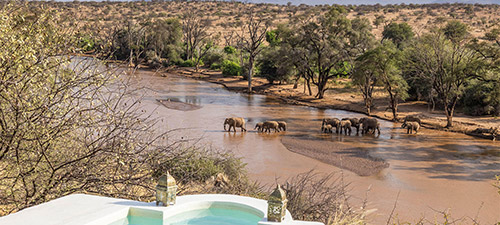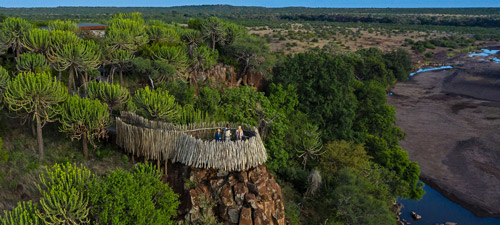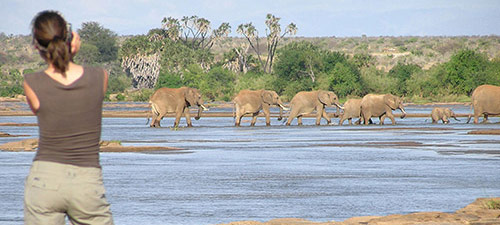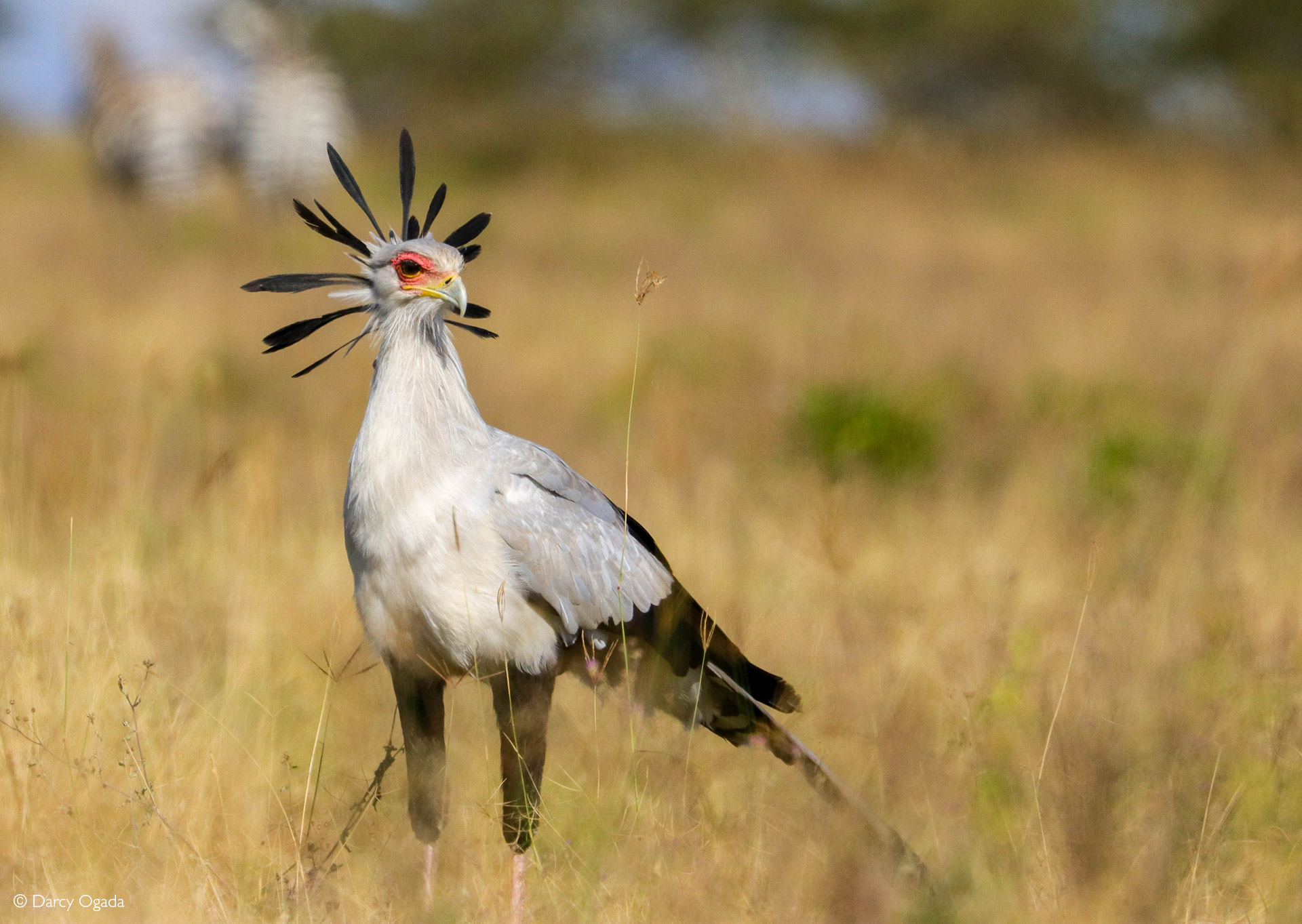
Imagine a world where iconic African raptor species like the secretarybird, Wahlberg’s eagle, African harrier-hawk and brown snake eagle, amongst others, are no longer around – vanished from the landscape. While this may sound like a doomsday prediction, without intervention, this might one day be a reality – especially in the west of the African continent.
In a stark revelation, an international team of researchers has uncovered a potential looming extinction crisis for Africa’s birds of prey, painting a grim picture of the reality faced by these magnificent savannah species. Long-term road surveys across parts of Africa revealed alarming declines in nearly 90% of the 42 raptor species studied, with more than two-thirds possibly qualifying as globally threatened.
The study, co-led by Dr Phil Shaw from the Centre for Biological Diversity at the University of St Andrews in the United Kingdom and Dr Darcy Ogada from the Peregrine Fund, used decades of road surveys across four African regions. The surveys entailed recording the abundance of raptors seen from the road in a stretch of 100 kilometers, and noting how these numbers changed over time. The study was conducted in West Africa (Burkina Faso, Niger and Mali), Central Africa (northern Cameroon), Kenya in East Africa and Botswana in Southern Africa. The study examined encounter rates between 1969 and 1995 and between 2000 and 2020.
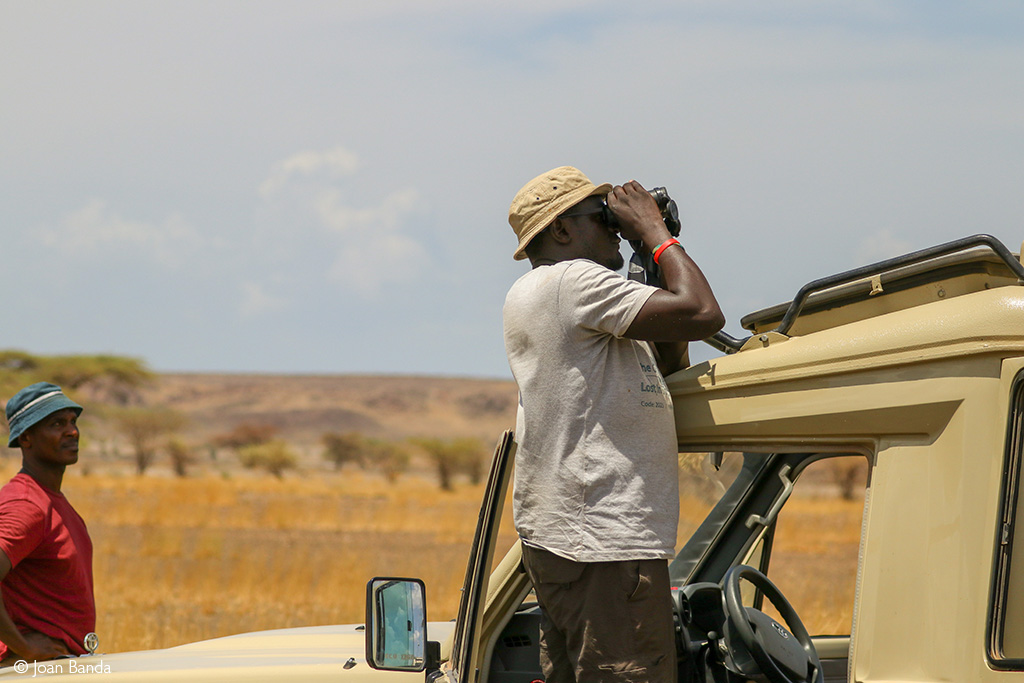
The results show that larger raptor species have experienced particularly steep declines, especially in unprotected areas, where the birds are more susceptible to persecution and human pressure. Data showed that raptors have declined more than twice as fast outside protected areas, reiterating the urgent need for conservation efforts. Currently, only 14% of land on the African continent is formally protected, with sub-Saharan Africa experiencing the most severe rate of land degradation in the world.
Shaw expressed concern, stating that since the 1970s, extensive forest and savannah areas have been converted into farmland, intensifying threats to African raptors. With the human population projected to double in the next 35 years, the need to extend Africa’s protected area network is now greater than ever.
Ogada agreed with the sentiment. “Africa is at a crossroads in saving its magnificent birds of prey. In many areas, we have watched these species nearly disappear. One of Africa’s most iconic raptors, the secretarybird, is approaching extinction. There’s no single threat imperilling these birds; it’s a combination of many human-caused ones; in other words, we see deaths by a thousand cuts.” Their study was particularly challenging in some areas where a lack of raptor encounters made analyses difficult.
While the reality seems bleak for large raptors, the future is not much brighter for species previously listed as ‘Least Concern’ on the Global Red List. The research highlights the risk of raptors such as Wahlberg’s eagle, African hawk eagle, long-crested eagle, African harrier-hawk, brown snake eagle, and dark chanting goshawk becoming globally threatened.
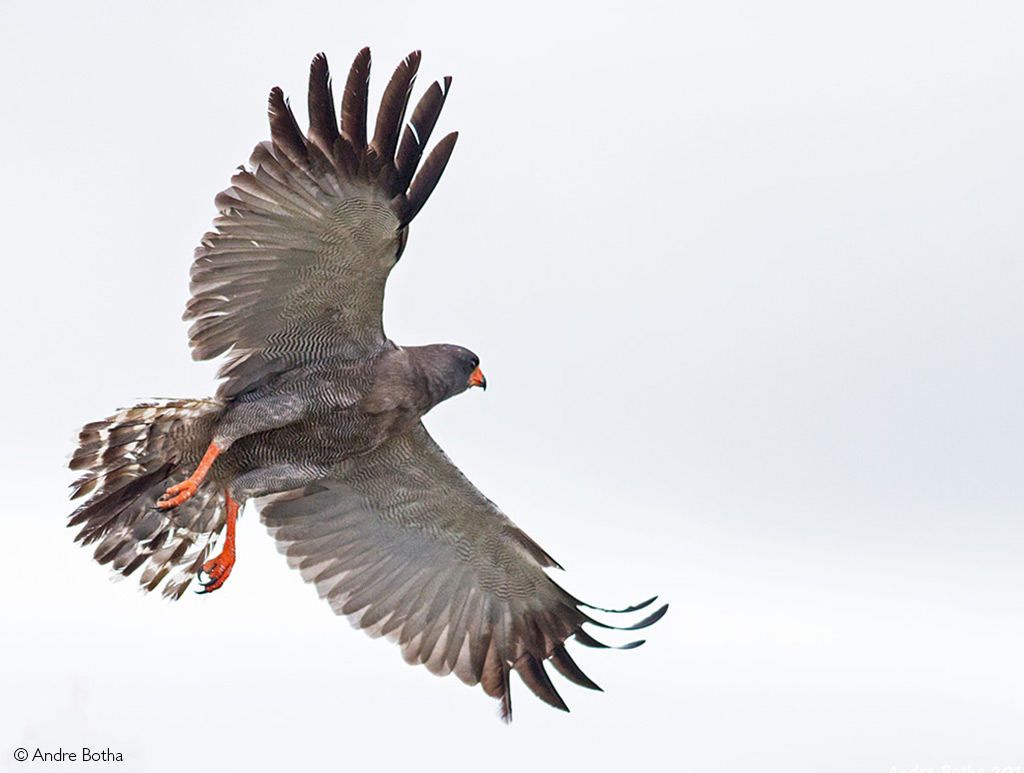
The late Dr Jean Marc Thiollay’s long-term monitoring efforts in West Africa laid the study’s foundation, revealing the high human footprint in the region. Many raptors unique to West Africa, like the Beaudouin’s snake-eagle, are slowly vanishing from the landscape.
The study highlighted the urgent need for habitat conservation, aligning with the Convention on Biological Diversity’s COP15 goal of expanding conservation areas to 30% by 2030. It calls for restoring natural habitats in unprotected areas, improved legislation for species protection, and increased public involvement in raptor conservation efforts.
 Want to plan your African safari to spot raptors in the wild? We have ready-made safaris to choose from, or start planning a unique safari made just for you.
Want to plan your African safari to spot raptors in the wild? We have ready-made safaris to choose from, or start planning a unique safari made just for you.
Despite the daunting results, the study also spurred positive action, leading to the creation of the African Raptor Leadership Grant, with The Peregrine Fund Africa as one of 13 partners. The grant supports emerging African scientists, boosting local conservation initiatives and knowledge of raptors across the continent.
“We awarded the first grant to Joan Banda, a Zimbabwean studying the illegal trade of owls in markets in Nigeria. She is an MSc student at the A.P. Leventis Ornithological Research Institute in Nigeria,” says Ogada. Her study looks at the implications of the belief-based use of owls on populations in two regions in Nigeria. She has been administering questionnaires in villages near Important Bird Areas to understand community perceptions and the socio-economic drivers of the trade in owls and to determine the effects of this trade on local owl populations. “We look forward to hearing more about her study and its implications.”
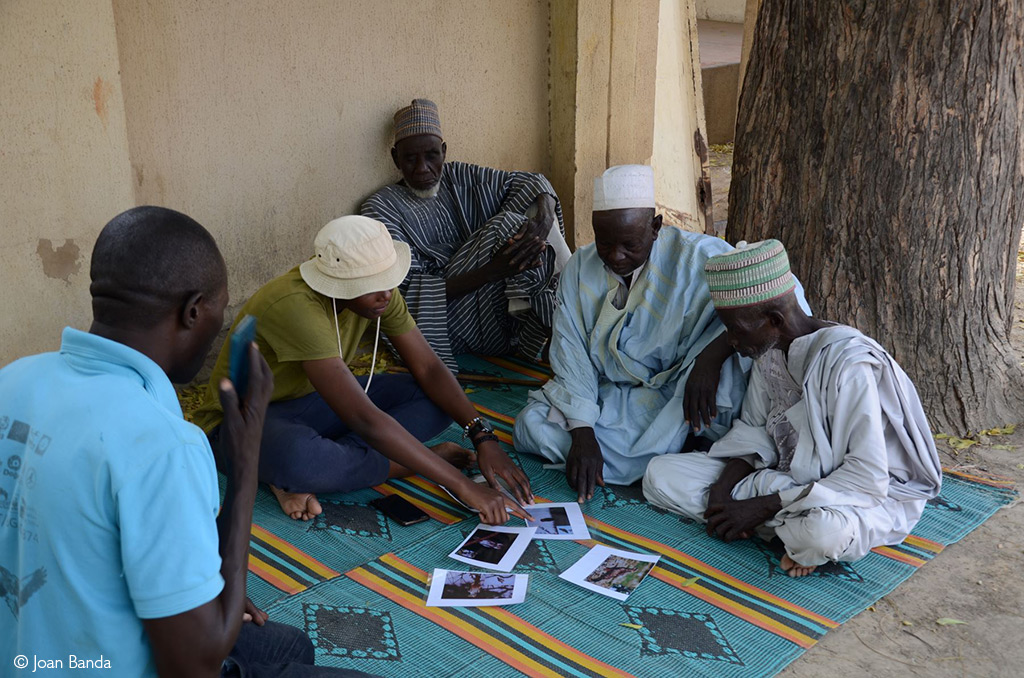
The findings serve as a wake-up call for the dire state of Africa’s raptors, emphasising the need for swift and comprehensive conservation measures to secure the future of these vital species and the ecosystems they support.
Further reading
Read more about Africa’s eagles here.
References
Shaw, P., Ogada, D., Dunn, L. et al. “African savanna raptors show evidence of widespread population collapse and a growing dependence on protected areas.” Nat Ecol Evol 8, 45–56 (2024).
To comment on this story: Login (or sign up) to our app here - it's a troll-free safe place 🙂.![]()





